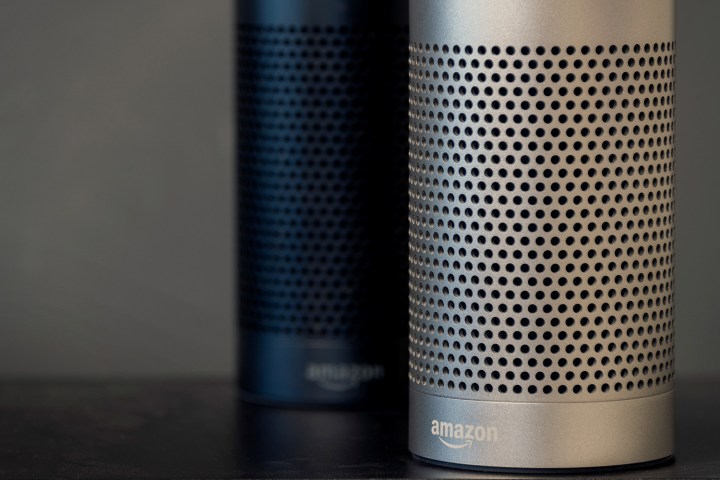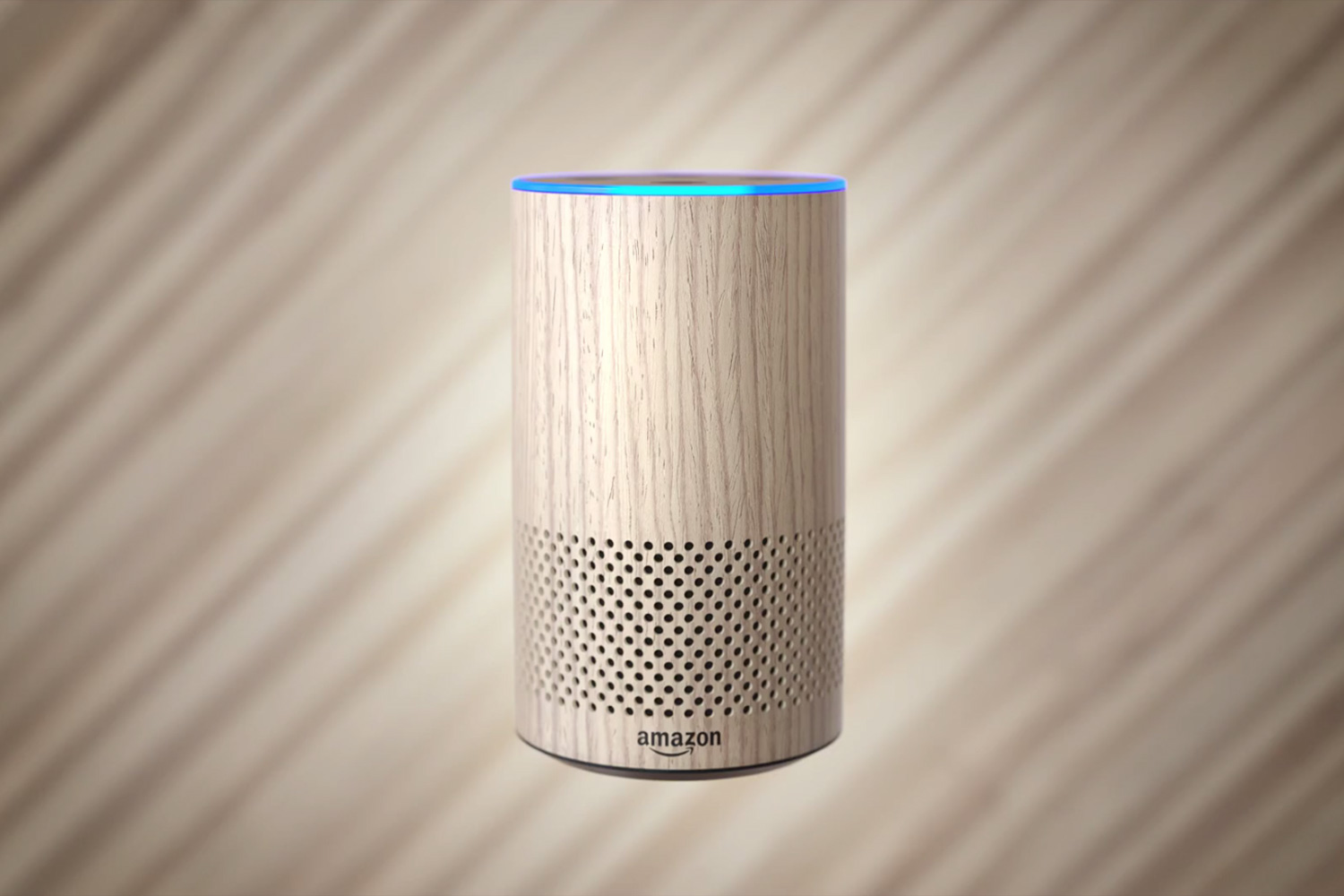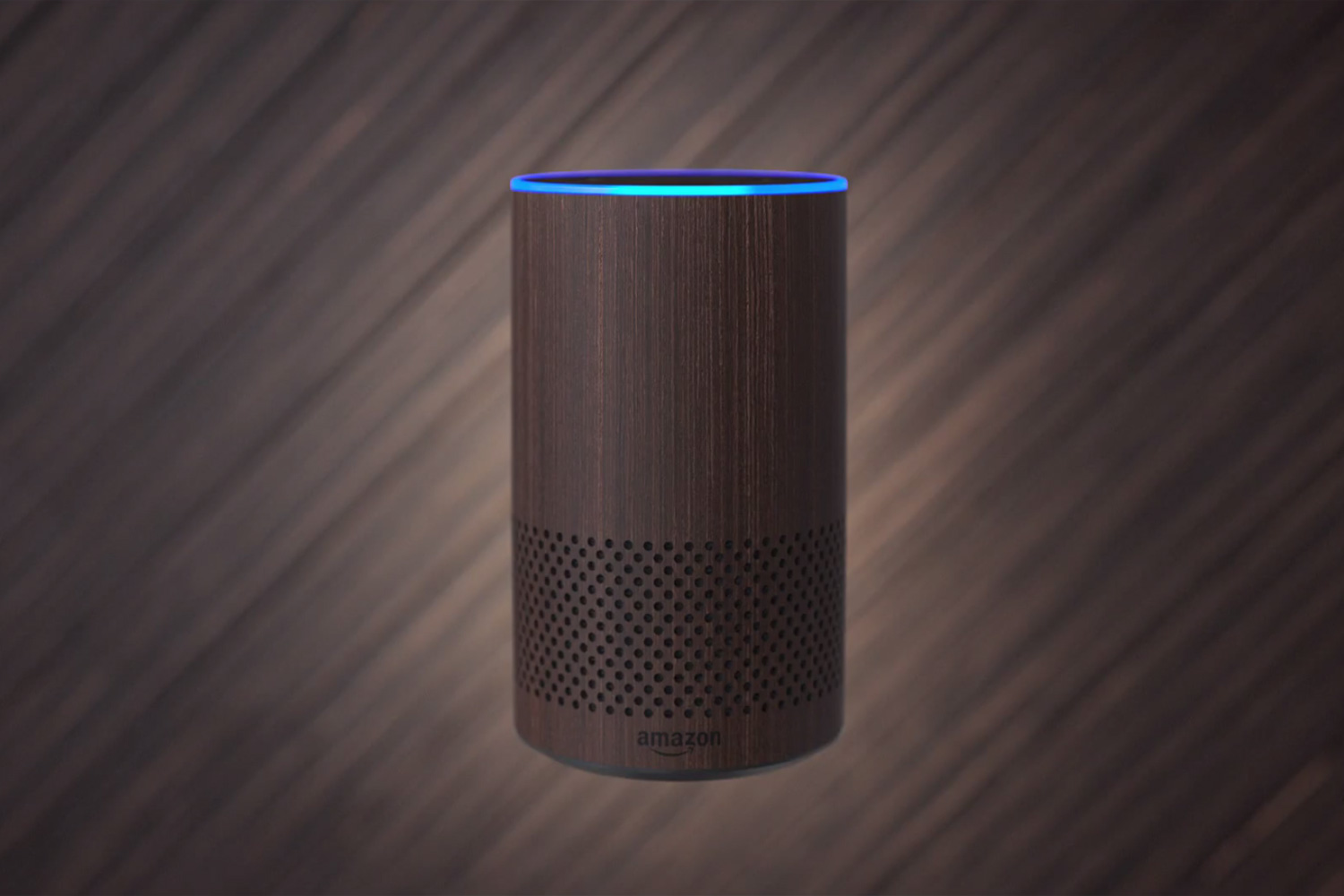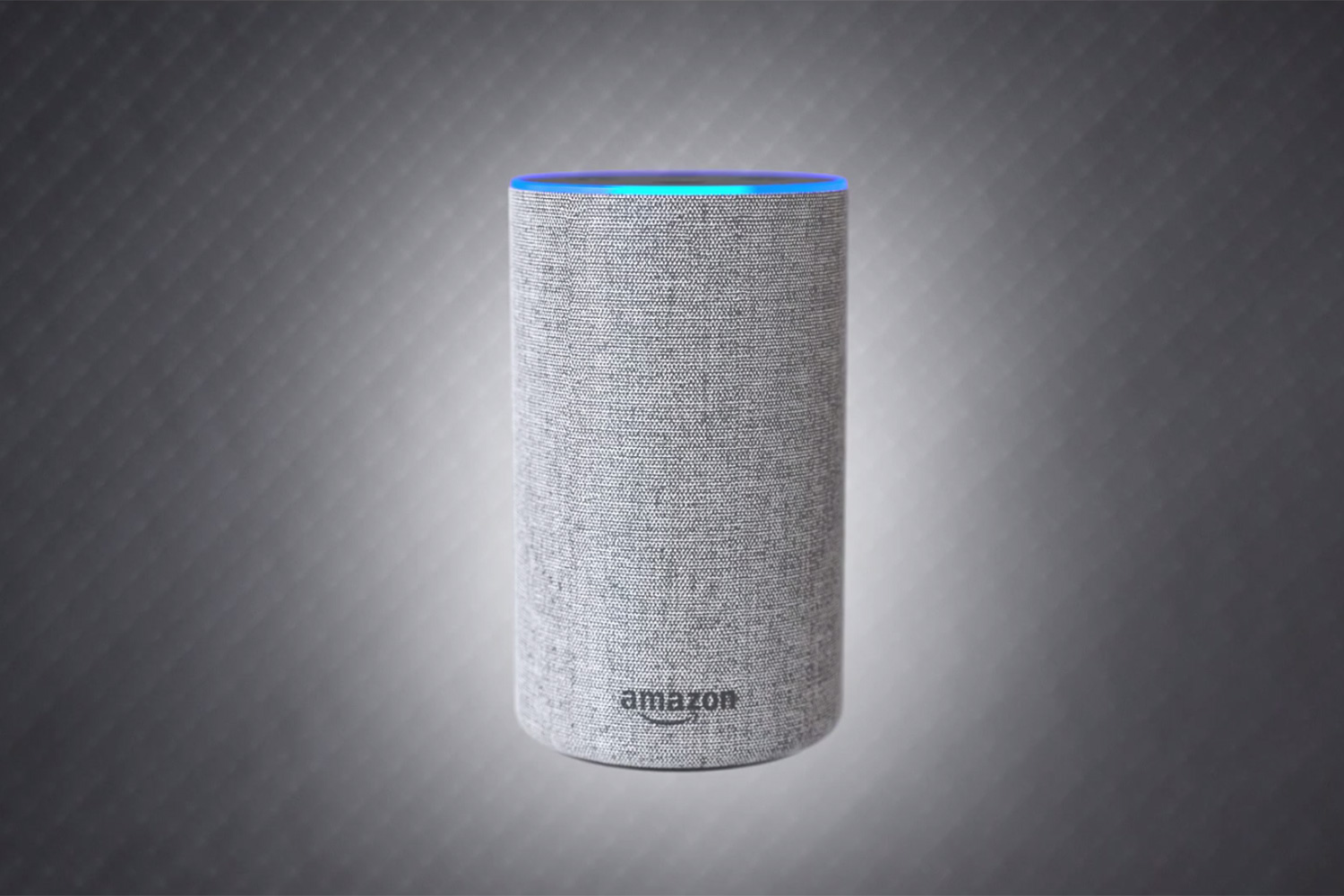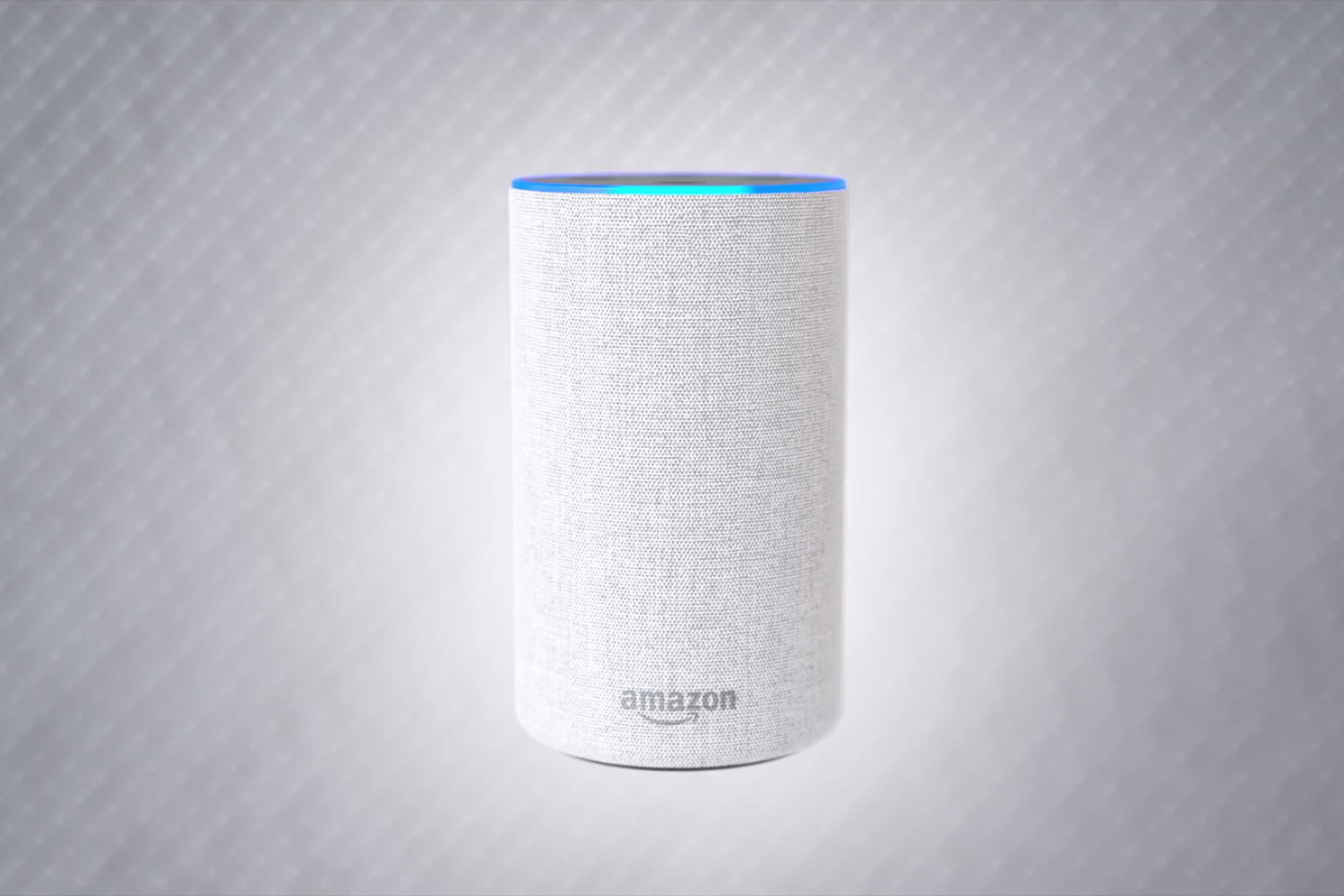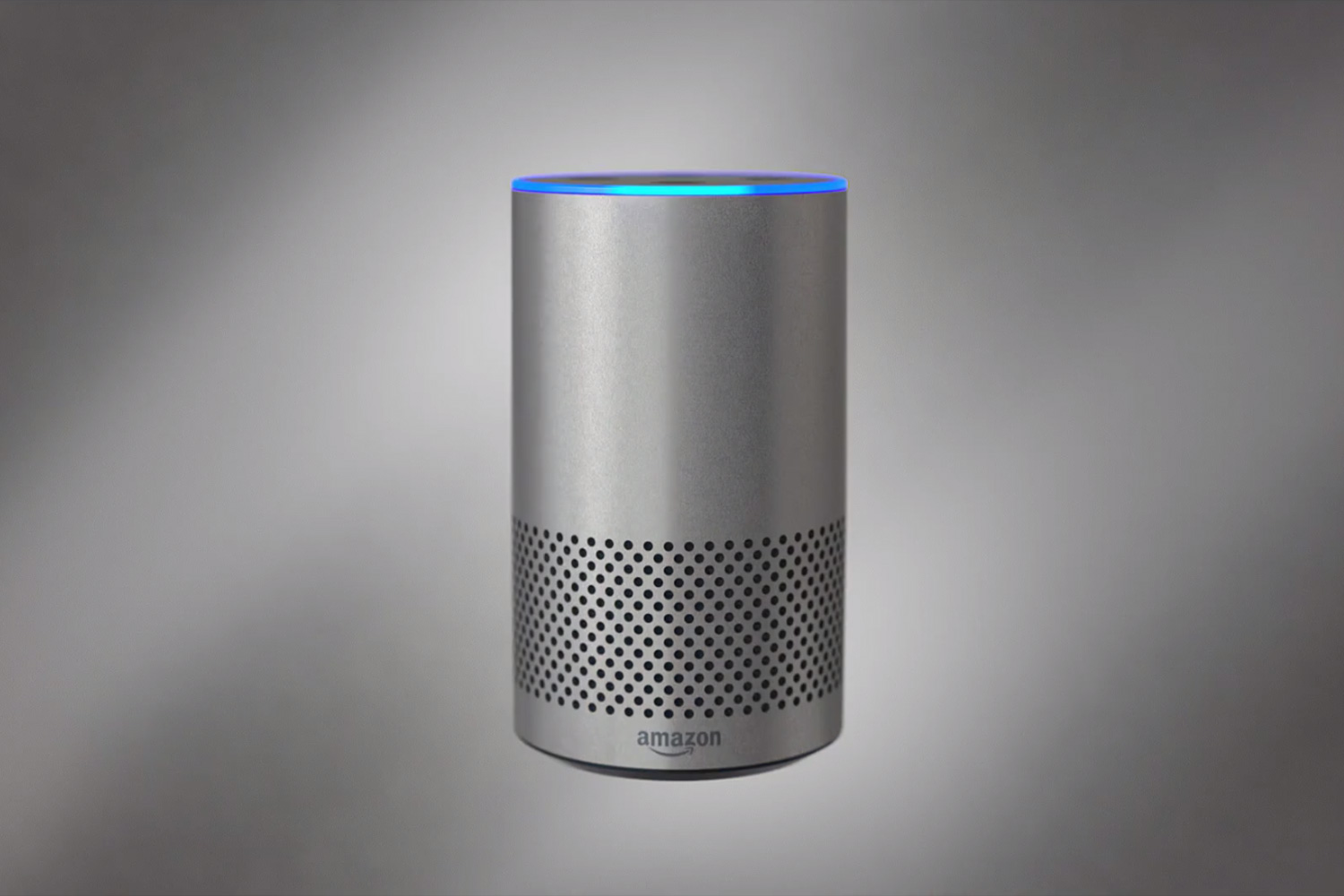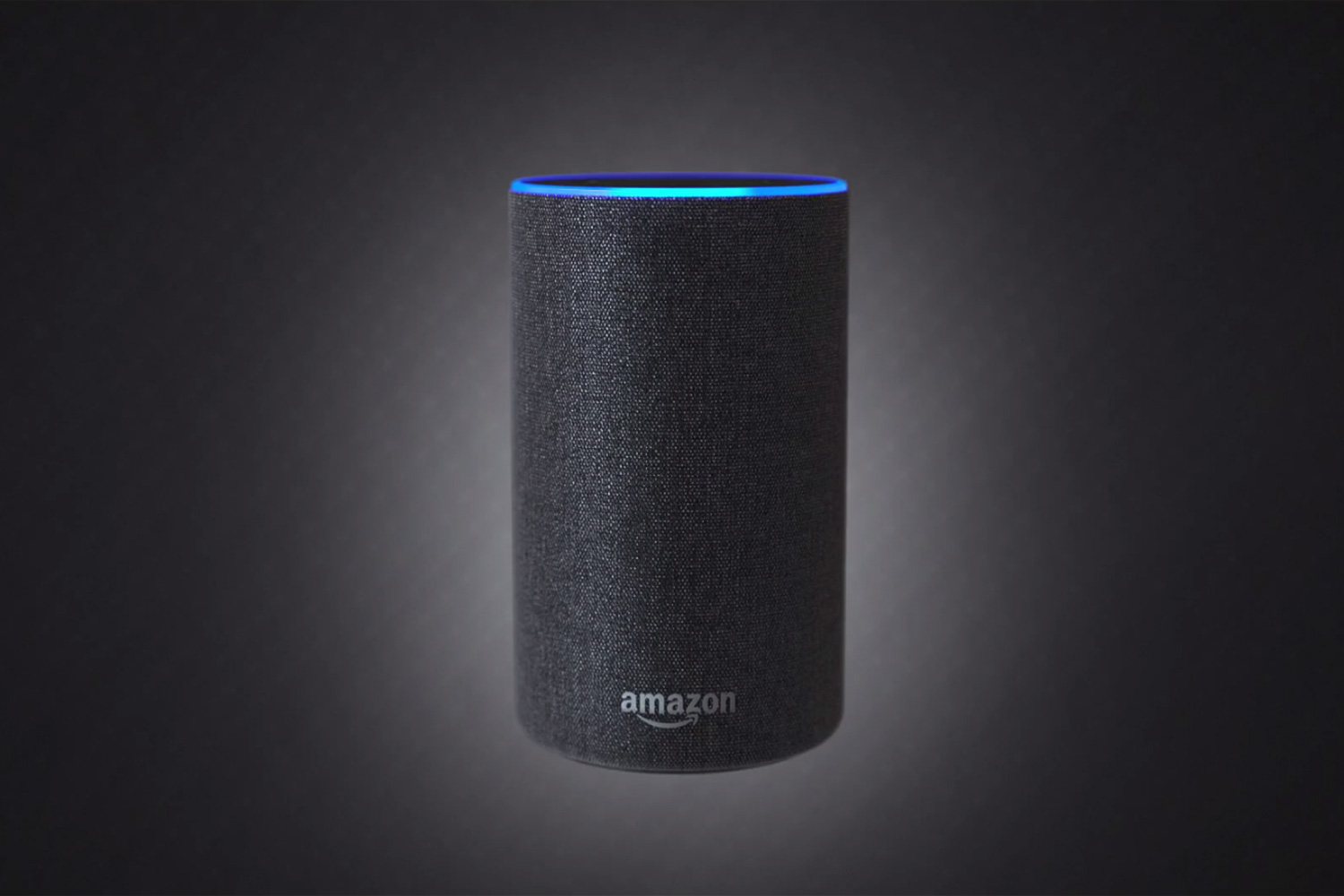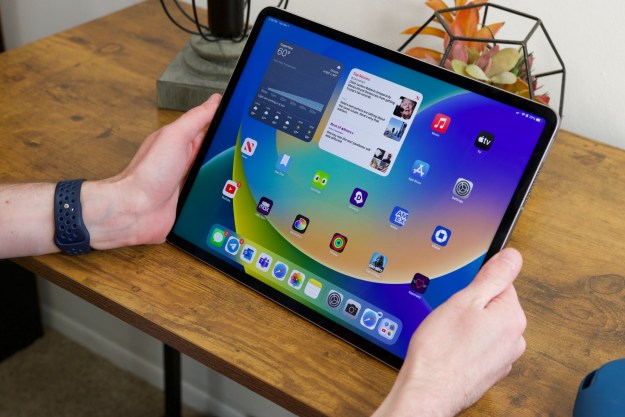So the wait is over, and the Apple HomePod is finally available. We had high hopes for this smart speaker equipped with voice assistant Siri. But while the sound quality of the $350 device is incredible, to say we’re disappointed by its “smarts” is an understatement.
As our reviewer Caleb Denison points out in his Digital Trends review of the HomePod, it’s less of a smart speaker and more like a great-sounding speaker with half-baked artificial intelligence. Yikes.
Until Apple adds more capabilities to the HomePod and opens the door to more companies (more on that later), we’re going to recommend that you stick with an Amazon Echo device instead. Here’s why.
1. The Echo is much, much cheaper
You can get a second-generation Amazon Echo for $85, or a small-but-still-mighty Echo Dot for $40 right now. Even if you opt for a more expensive Echo device, like the Echo Show, Plus, or Spot, you’re still paying no more than $180. That’s about half the price of the HomePod, which is selling for $350 right now at Best Buy.
2. The Echo doesn’t care what kind of phone you have
You can download the Amazon Alexa app using any
3. The Echo has versatile looks
The 2nd-gen Echo comes in six different colors, and you can switch out the shells of the Echo if you get tired of a single look. You can choose from fabric, metallic, or wood-like materials. If you want a different Echo, say with a screen, you can choose the Echo Show or the Echo Spot, which can show you videos and let you search through pictures. The HomePod comes in only black or white, with no other devices or screens available.
4. The Echo has queen Alexa
While it’s true that Siri started the voice assistant craze,
But perhaps the biggest argument for an Echo is the sheer number of smart home devices that you can connect to. From thermostats to video cameras, there are literally thousands of smart home devices that are Alexa-compatible, with more on the way. The list of Apple HomeKit enabled devices is much shorter, although we can expect the list to grow now that the HomePod is available.
5. The Echo lets you stream any music service
Is Pandora your poison, or are you serious about Spotify? Whether you have a preference for a streaming music platform or dabble in all kinds, all of it works on an Echo device. All you do is connect your accounts in the
The HomePod isn’t so versatile. The only streaming music you’ll get Siri to play for you on the device is from — you guessed it — Apple Music. You can get some streaming music via AirPlay to work, but for now, we’re waiting on Apple to relax their policies and let other platforms in.
6. The Echo lets you connect to other speakers and play multi-room audio
The one major thing that the HomePod has on the Echo is incredible sound — there’s no denying that. But all Echo devices have Bluetooth connectivity and/or a 3.5mm cable jack, so you can connect any high-quality speaker you want. Plus, if you have more than one Echo device, you can ask
Editors' Recommendations
- Here’s how to throw a killer Halloween party with your smart home
- 6 HomeKit settings you should disable (or adjust) right now
- The smart home market might see big changes in 2023
- Apple might launch a HomePod smart display in 2024
- Apple finally activates HomePod Mini’s hidden temperature/humidity sensor
